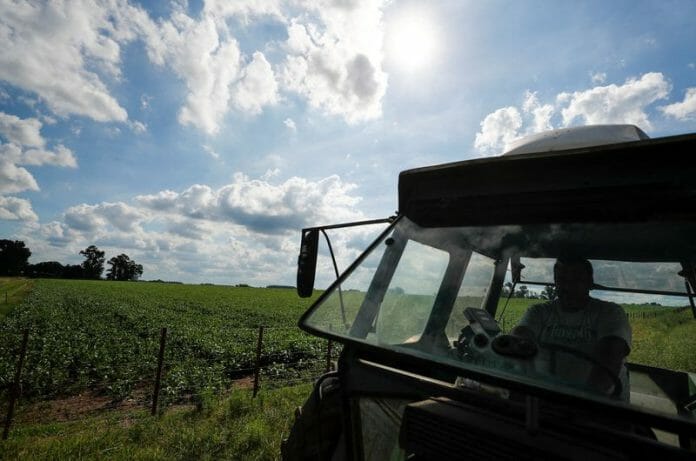The world’s top exporter of soy oil, Agentina might not able to take full advantage of record prices, according to exporters and analysts.
This is due to drought hitting the soy crop, a recent export tax hike and subsidies to keep domestic prices low.
After Indonesia’s announcement to effectively banned exports of palm oil, soybean oil prices surged to a record high on Friday as a result of that. Of course, the announcement has heightening concerns about already depleted global supplies of alternative vegetable oils when the war of Russia-Ukraine has caused already soared commodity prices and tight commodity markets.
“There is going to be an impact on international prices, which is good news for Argentina from that point of view,” Gustavo Idigoras, head of Argentina’s CIARA-CEC chamber of grains processors and exporters said.
“But it is bad news for the domestic market to have additional subsidies as part of an agreement to keep local prices down,” he added.
Argentina is the world’s top processed soy exporter and is ranked number two as corn exporter, has a number of mechanisms including export quotas to rein in domestic prices. Annual inflation is running at above 55%, driven by food costs.
The government recently hiked the export tax rate on soyoil and meal to 33% from 31% previously, part of a package of measures to bring down domestic food inflation.
While Argentina could capture a greater proportion of world demand by supplying countries that depend on palm oil from Indonesia, but the opportunity could be constrained by that tax hike and drought earlier in the year.
Argentina’s 2021/22 soybean harvest, currently underway, is estimated at between 41-42 million tonnes, though was sharply lowered after dry weather hit crops at the start of the year.
The country’s soy crushing in March had been 2.93 million tonnes, 14% below March 2021. On the other hand, the commitment of shipments of Argentine soybean oil to date, with 305,100 tonnes to be shipped between April 20 and May 10, is 25% behind what had been recorded by the same date last year.









